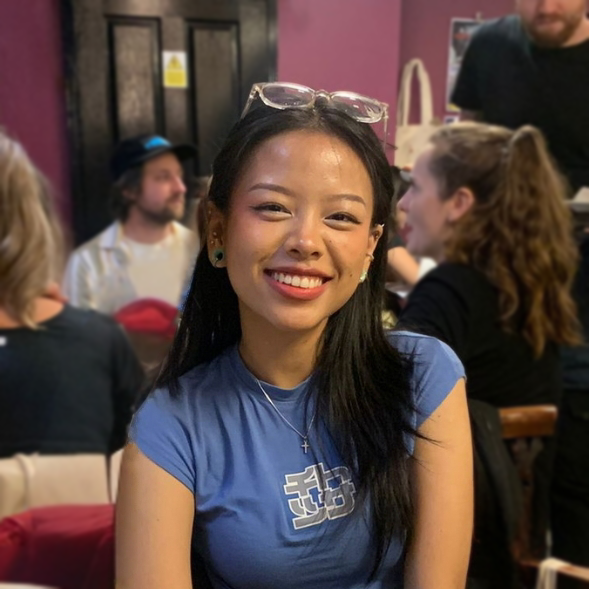What were your reasons for taking on a postgraduate degree?
This is actually my second masters degree. I realised my passion for working in cancer research during my first masters in Immunology, but I felt I was not yet ready for a PhD. I wanted to improve my knowledge a bit more before diving into research, and I figured the best way to do that would be another masters specialising in cancer studies.
How did you make the decision to study at Strathclyde?
I knew many people who came to the UK for further studies and wanted to do the same. When looking for a course that would best suit my career goals, the University of Strathclyde was the only one that offered such a well-designed course that covered the subject so extensively. There were scholarship opportunities offered by the university as well, which I was fortunately able to secure. Besides, who can resist the scenic beauty of Scotland?
What do you like about your course and Strathclyde?
What I like most about my course is how much thought went into planning the modules. It encompasses everything you need to know about current cancer therapy strategies and all the additional information you need to understand about how these treatments are designed. The professors have been very approachable and kind, they truly care about your learning and development.
One more thing I love about the university is the vast resources they provide and the activities they host outside of academics. For example, I have been able to get help from the Strathclyde Careers Service to plan my next steps and I also made friends and had fun with the Strathclyde Judo club! There’s something for everyone here.
What specialist knowledge/professional skills have you developed whilst studying the course?
The course has allowed me to gain insights into cancer drug development and clinical trials, as well as experimental treatment methods. The laboratory sessions have also taught me techniques that are most commonly used in cancer research (such as cell survivability assays and experiments with plasmids), in addition to basic laboratory techniques like PCR, ELISA and microscopy. The course also included software-based experiments which added another dimension to my learning.
What are your ambitions for the future and how do you think your time at Strathclyde will help you achieve your goals?
My goal is to contribute to the study of the ever-growing field of cancer research and I can positively say that with what Strathclyde has provided, I am one step closer to achieving that goal. I feel much more prepared and ready to step into that world.
How have you found your time living in Glasgow and what's your favourite thing about the city?
I had read about Glasgow being the friendliest city, but I was still pleasantly surprised with how friendly and fun the people are here. The lovely rainy weather is a bonus, because it reminds me of my hometown in the hills of Manipur, India (although the locals would probably disagree about me calling it “pleasant” weather). I’ve thoroughly enjoyed my time here and hope to stay on after my course ends.
Has anything surprised you about living/studying here?
I have appreciated how education here is less about what you can memorise and then paste it all onto your examination answer sheet, and more about grasping concepts and fortifying fundamental knowledge. I was surprised by the fact that my course had no exams, but it was still challenging with all the written assignments and presentations. It goes to show that there is more than one way of learning, with each method having its own benefits.
What would you say to anyone thinking of coming to study in Glasgow at Strathclyde?
I would say that going out of your comfort zone is worth the struggle. There is a great support system within the University and plenty of resources available for whatever help you might need! If this university has the course you want, absolutely go for it. It has been worth it for me, I’m sure it will be for you too!
